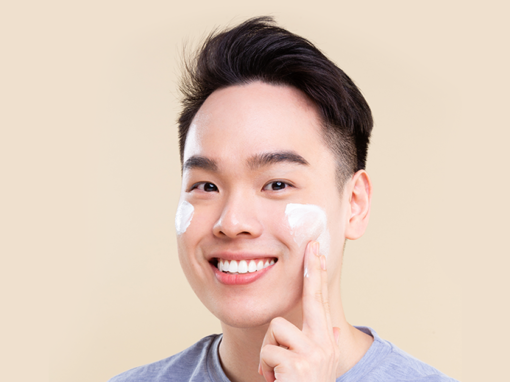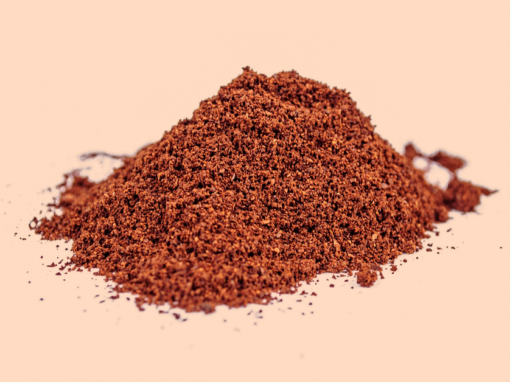Confused about the differences between acne and acne scars? Don’t worry, you’re not alone! Acne and acne scars are two very different things, and it’s important to understand what sets them apart so you can properly address both conditions. In this article we’ll explore the difference between acne and acne scars, so you can have the confidence to tackle either one.
We’ll give you all the information you need on identifying and treating these skin concerns, so no matter what stands in your way, you can feel confident knowing that you have the knowledge to take control of your skin.
What’s the Difference Between Acne and Acne Scars?
Acne persists on the skin. It is a form of breakout that results in a host of pimples on one’s face. These red spots are generally caused by excessive production of sebum on the skin and bacteria in them. Other causes may range from hormonal imbalance to lifestyle changes and more.
On the other hand, an acne scar is a blemish that indicates the existence of acne at some point. It is generally like dark spots on the face. Sometimes, these scars may also crop up due to instant acne healing.
The good news is that both the symptoms of acne and pimple scars can subside on time, provided you seek the right treatment.
What causes Acne and Acne Scars?
Causes of Acne
- Production of excessive sebum on the skin
- Dead skin cells and hair follicles get clogged in the skin as a result of excessive oil on the skin
- Growth of bacteria
- Inflammation
- Hormonal imbalance and alterations
Causes of Acne Scars
- Inflammation due to acne blemishes on the skin
- Quickly healed acne
- The components of blemishes spread to other tissues and aggravate the scars
- Reduced production of collagen, pits, and depressions in the skin
- Anyone with the habit of popping acne or squeezing them is also more likely to experience them
Acne and Acne Scars Treatment
Treatment of Acne
- The application of Salicylic acid can help with acne treatment. It reduces swelling, cleans up the open pores, and decreases redness caused due to acne on the skin.
- Wearing sunscreen will help make these marks less noticeable. But what is more important is that it will prevent it from aggravating. Eventually, it becomes easier for the symptoms to curb.
- Visit a medical professional to find the right relief as per the type of acne you are experiencing. A tailored approach can help understand skincare for acne scars too.
- Using chemical peels to remove the topmost layer of the skin, which contains acne.
- Certain home remedies, namely applying apple cider vinegar, ice packs, and aloe vera gel, can also help make a difference.
Treatment of Acne Scars
- Opt for acne scar removal
- You can go for dermabrasion (a skin resurfacing procedure) to help work on the deeper scars that are more noticeable on the skin
- Fillers can help fill the gaps and cracks that occur on the skin due to acne marks
- Home remedies can also help with acne marks removal including black seed oil, honey, and rosehip oil
- Following a strict skincare for acne scars regime that is provided by your medical professional can also work wonders
Where to Buy Acne Cream?
Whether you have acne scars vs. acne, the right acne cream can help subside the symptoms. andSons offers treatment for acne and acne scars. Our acne cream contains a powerful retinoid, which is known to reduce inflammation on the skin and empower cell turnover. Their acne cream is also custom-made to suit different skin types and provide appropriate treatment in need.
If you are experiencing acne scars and acne marks, this cream can help soothe your skin too. The absence of certain ingredients, namely benzoyl peroxide and alcohol, makes this possible. As such, it is suitable for flaky, dry, and red skin types.
Conclusion
The differences between acne and acne scars are significant. Acne is a skin condition caused by clogged pores and excess oil production, while acne scars are permanent marks left behind after acne has healed. It’s important to seek medical advice if you find yourself dealing with either of these issues as they can both be treated in different ways. By understanding the difference between them, it is possible to take care of your skin better and reduce any future damage.
FAQs
1. Do acne scars go away?
They generally go away but they take some time to fade away. This also depends on your acne scar treatment. Otherwise, it typically takes up to 12 months and longer for them to fade away. However, if it is only a few zits, they should not prolong for longer.
2. How do you know if it’s an acne scar?
Hyperpigmentation scarring may occur where the acne may have faded away, but its impacts make the region appear dark. In the case of indentation scarring, your top skin layer may not have entirely healed, which can make acne scars more visible.
3. Are acne scars considered acne?
There is a difference between acne scars and acne marks. While acne is a type of blemish on the skin, an acne scar is caused due to inflammation. Acne is generally small and may prolong for longer. However, an acne scar may fade away more quickly.
This article is for informational purposes only and does not constitute medical advice. The information contained herein is not a substitute for and should never be relied upon for professional medical advice. Book a consultation with andSons medical team to learn more about skincare treatments here.


